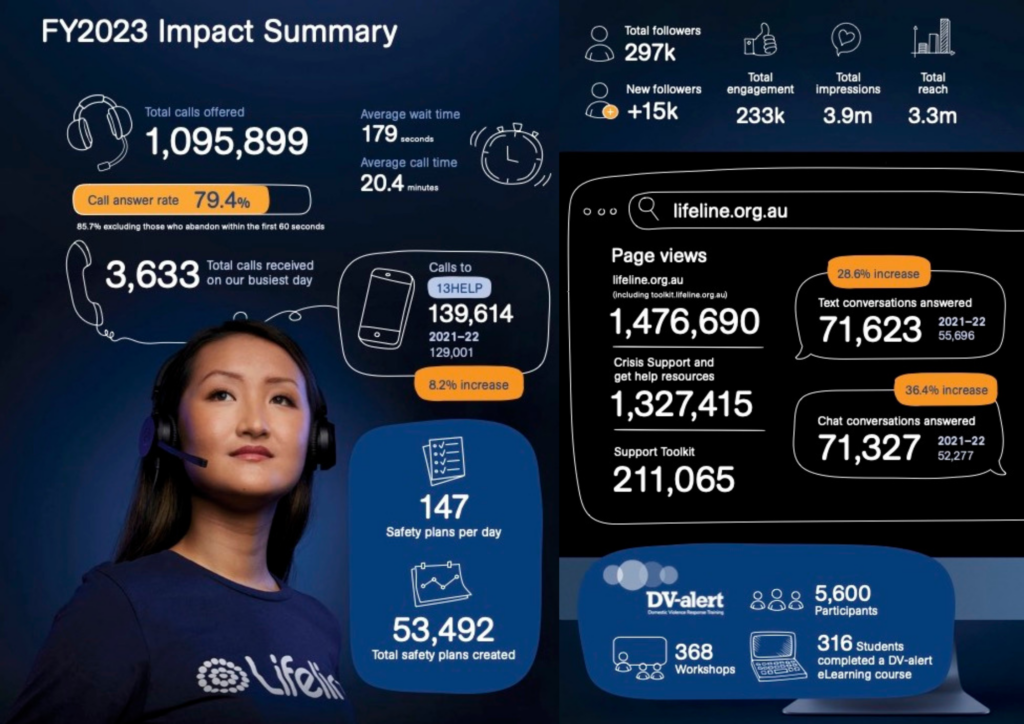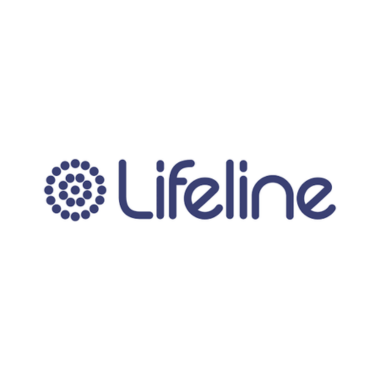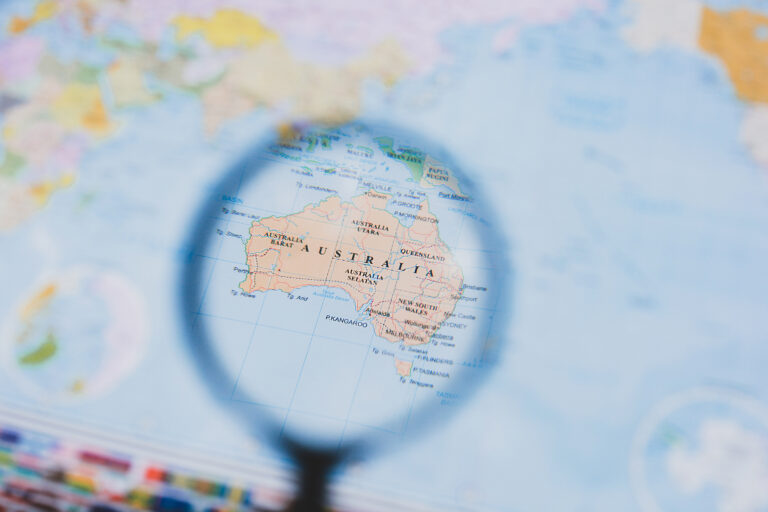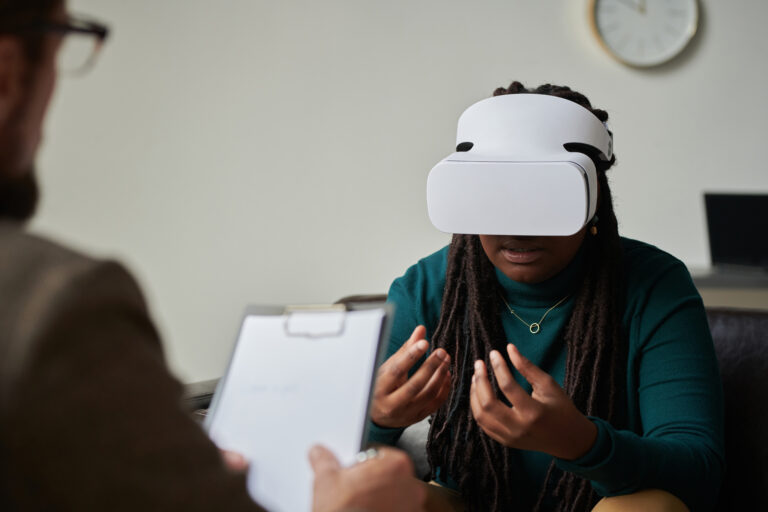Built on the belief that no one in Australia should have to face their darkest moments alone, Lifeline provides free and confidential 24/7 one-to-one crisis support via phone (13 11 14), text, and online chat services as well as mental health information and resources via their digital self-led Support Toolkit.
Since 1963, Lifeline has been harnessing the power of technology to deliver its crisis support. What started with a single telephone has turned into a multi-channel service delivery model that continuously invests in the existing and emerging digital tools needed to ensure ALL Australians – whether they’re 9 or 99 – can access support anytime, anyplace, and through any channel.
Lifeline’s digital mental health initiatives include:
24/7 One-to-One Crisis Support
As Australians continue to feel the effects of the COVID-19 pandemic, the cost of living crisis, and back-to-back natural disasters, Lifeline crisis supporters are answering upwards of 1 million phone calls per year and 140,000 texts and chats, as well as creating over 50,000 safety plans.
Currently, Lifeline is meeting this demand thanks to 10,000 volunteers and 1000 employees working in 41 Lifeline centres across Australia. All trained to listen without judgement, Lifeline crisis supporters can offer short-term support for people who are feeling overwhelmed or are having difficulty coping or staying safe.

Since introducing chat and text crisis support in the mid-2010s, demand for Lifeline’s non-voice digital services has only continued to grow. On top of enabling the organisation to better serve existing help seekers, chat and text have allowed Lifeline to reach an even wider audience. When surveyed during the pilot period, a massive 42% of help seekers said that they wouldn’t have contacted Lifeline in any other way if the text service hadn’t been available.
Lifeline has also found that chat and text are increasingly used by harder-to-reach and at-risk groups such as young people, Aboriginal and Torres Strait Islander People, and people with disabilities and hearing impairment. While convenience is one factor, the popularity of text and chat can also be attributed to the added layer of privacy and safety they can offer those experiencing domestic and family violence.
13YARN
13YARN is an Aboriginal and Torres Strait Islander crisis support-line funded by the Australian Government with the support of Lifeline and developed in collaboration with Gayaa Dhuwi (Proud Spirit) Australia.
Launched in 2022 with the motto, ‘Our Story, Our Healing’, 13YARN is run by Aboriginal and Torres Strait Islander people and provides their communities with a culturally safe and judgement-free space to speak about their needs, worries, or concerns.
Self-Led Digital Support Toolkit
After noticing people searching for more support options, further research revealed that there are cohorts of help seekers who, for various reasons, are not yet ready to speak with someone directly, but are looking for digital resources, tools and information provided by Lifeline to help them.
Designed to be accessible, inclusive, and easy to understand and navigate, help seekers can find information on a range of mental health and wellbeing topics including anxiety, depression, financial stress, trauma, and substance misuse. A “quiz” feature helps users to easily and quickly find the right information and resources to help them. New topics, as well as current information and links to other avenues of support, are regularly added to the Support Toolkit.
The Support Toolkit was developed in collaboration with people with lived experience. Through more than 60 hours of consultation, the group provided valuable insights on the design and structure of the channel, as well as the type of content help seekers would be looking for. Direct help seeker feedback and consultation continues to be a core part of the service.
Holding On To Hope Podcast
One of the key ways Lifeline fosters connection is through their lived experience podcast, Holding On To Hope. Hosted by Lifeline crisis supporter, Ruben McKellar, each episode features inspirational stories from people who have experienced mental health conditions or challenges and overcome them through strength, courage, and hope.
On top of helping people find connection during tough times, Holding On To Hope aims to destigmatise suicide and give the listener an authentic insight into the lived experience of suicidality. Through first-person storytelling, the podcast provides encouragement and support to those looking to find hope.
Beyond Now App
In early 2024, Beyond Blue transferred ownership of its highly regarded suicide prevention app, Beyond Now, to Lifeline as part of a partnership that aims to provide more clarity for people seeking support during a crisis.
Beyond Now allows users to create a personalised and easy-to-follow plan to help them in those moments when it’s difficult to think straight.
Help seekers can:
- Recognise their warning signs so they can act early
- Make their environment safe by removing harmful items
- Find ways to distract themselves with activities or trusted people
- Remember what makes them feel strong.
Since launching in 2016, Beyond Now has been accessed by hundreds of thousands of people and provided crucial support to those who are in crisis. In the past four years alone, more than 400,000 people have used the app with more than 150,000 safety plans made.
Find out more about Lifeline Australia by visiting their website here.





